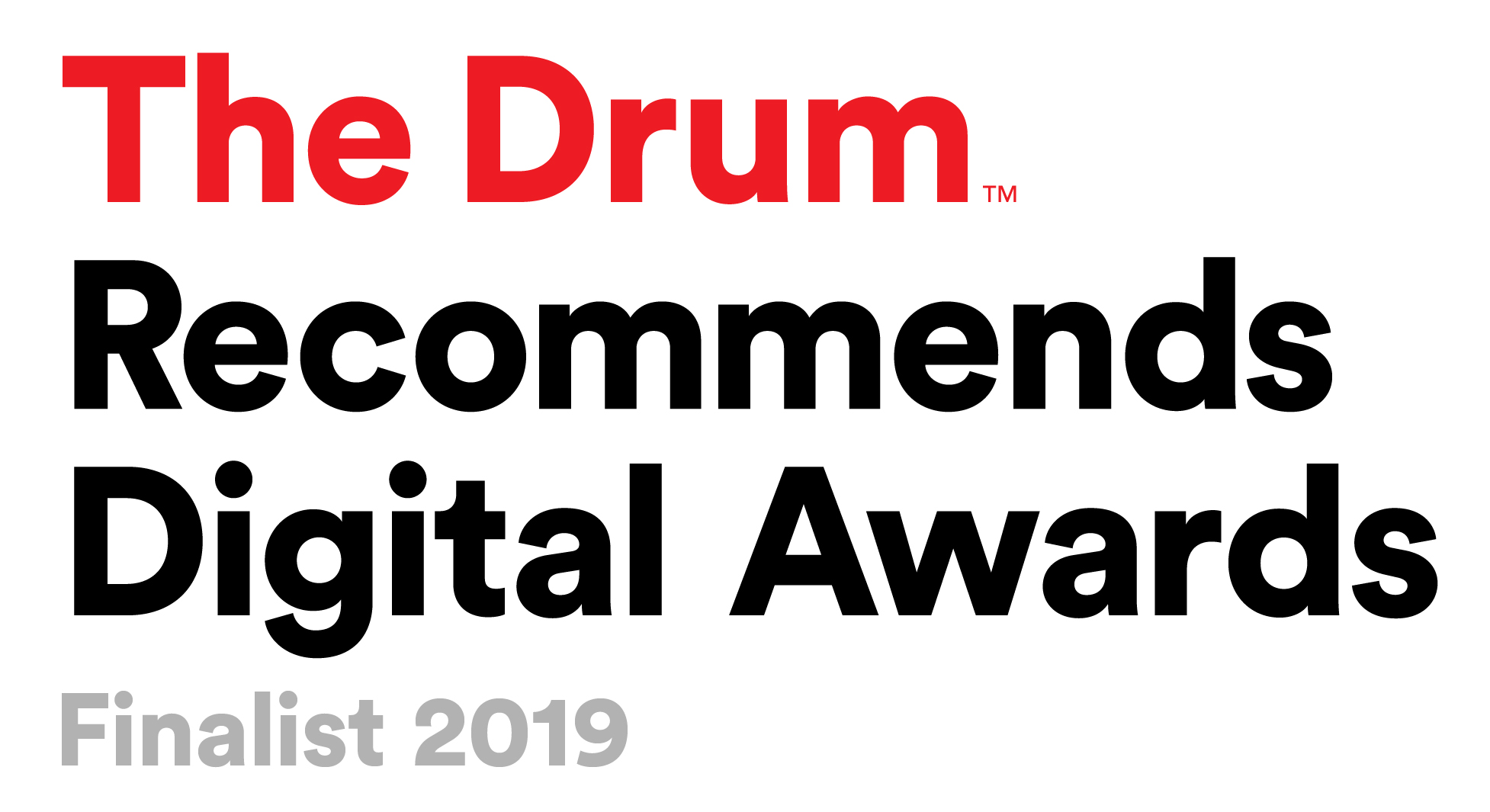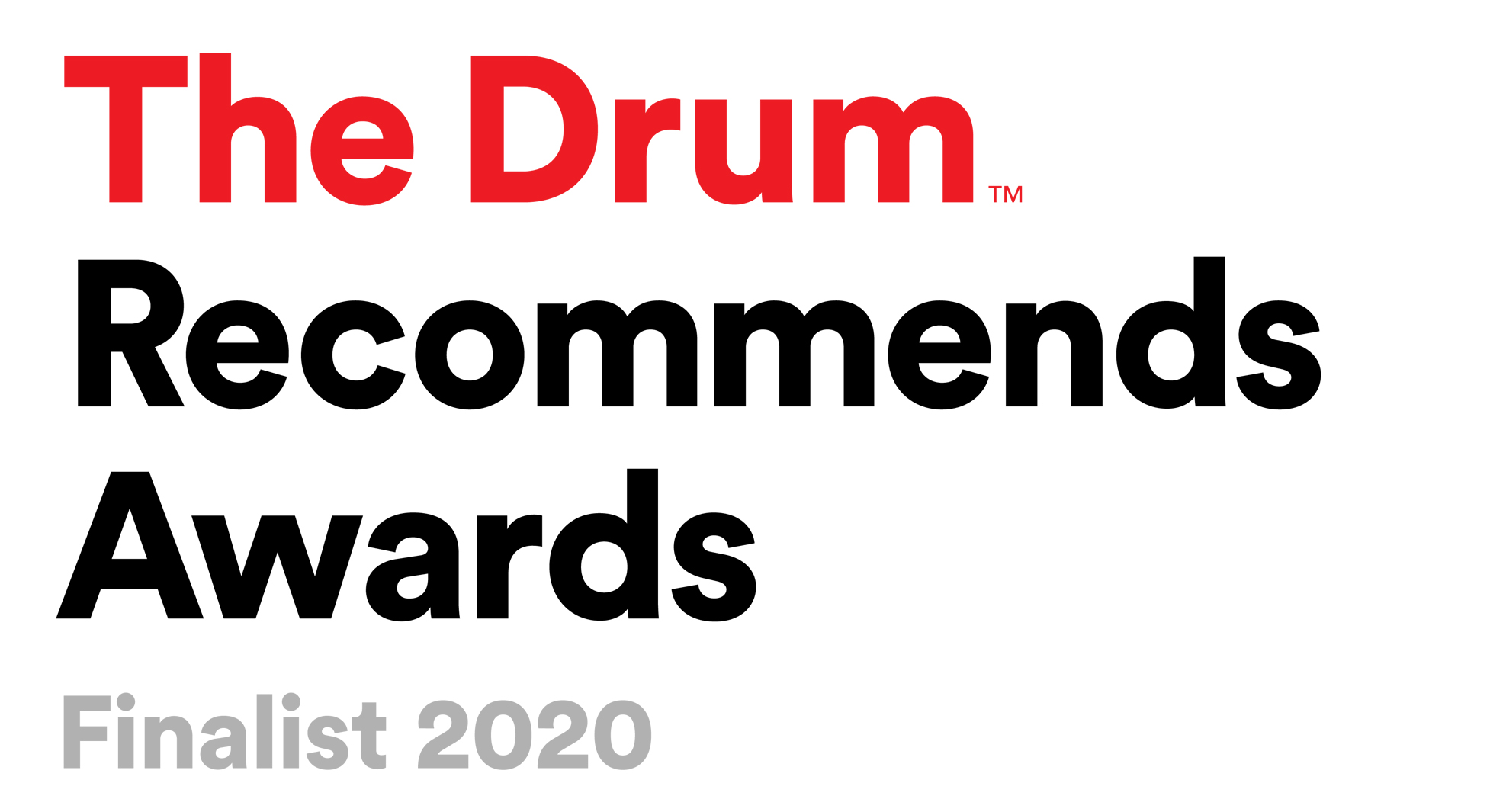Why does my business need a blog?
Why does my business need a blog?
Do you want to find new customers and build better relationships with your existing ones? Do you want to create readymade content for your social media posts and position yourself as an industry leader – all for virtually no outlay? Then your business needs a blog.
Find new customers
… or even better, let them find you! A blog will help you to do this in several ways.
Firstly, it will allow you to create content for your website that answers questions that your potential customers may have – such as “Why does my business need a blog?” – so when they search online, your website pops up. You can maximise this by researching keywords, categories and topics which your potential customers are most likely to search for, but even without doing this, regular blogging will naturally help you to increase your reach. Every post is another opportunity to appear in a web search and thus to drive traffic to your site.
Secondly, regularly adding pages to your blog will send a message to search engines such as Google that your website is active and regularly being updated and that they should include it in their search results. Without a blog, it’s difficult to do this unless you’re constantly updating or adding to the rest of your website.
Thirdly, if other people find your blog posts interesting and useful, they will share them, which will again help you to find a new audience.
Once potential customers have arrived on your blog, you can direct them towards other relevant pages of your website using internal links; turn them into leads by offering some sort of free content, such as a fact sheet, webinar or trial, in exchange for their details; and/or invite them to sign up for your emails, which they’re much more likely to do if they’ve already enjoyed your blog.
Build better relationships with existing customers
Writing a blog allows you to share far more of your own and your business’s personality than sales pages alone do – it’s a chance to show your customers who you are, not just what you do. Allowing your customers to get to know you better can deepen your relationship and mean that they’re far more likely to buy from you than a company they don’t know at all.
Customers also like to feel informed. By sharing your knowledge, you’re giving them something of value and they’re benefiting from the education that you provide.
Plus if you allow comments on your blog posts (and take the time to respond to them!), you can create a two-way conversation with your audience, which not only improves your connection with them, but is also readable by other visitors to your site and generally searchable by search engines. Not only just this build trust as your audience learns more about you, but it can also let you learn more about your audience and what they need, and thus hone and improve your business. (Want some help getting to know your audience? Click here.)
Create readymade content for your social media posts
It can be difficult continually to think of interesting, engaging content for your social media posts, but blog posts provide readymade content, and can be used several times using different quotations, figures or visuals. And, as mentioned above, if people like your blog, they will even share it themselves, thus increasing your reach.
And in addition to this, you will often find that you can reshare the same blog post several times months or even years apart, meaning that you have a solid library of content to fall back on.
Position yourself as an industry leader
Blog posts allow you to share more indepth information about your products and services than your sales pages alone, whether you’re writing a review, a how to guide, a case study or sharing your knowledge about a specific area.
Demonstrating your expertise in this way can help to establish yourself as an authority in your industry and enhance your professional image, and this in turn will build your customers’ trust that you have the necessary knowledge and can deliver what they need.
Becoming known as an authority in a specific area will also help you become more well-known, which means that your potential customer base will grow, and people are more likely to buy from you: if potential clients are already familiar with you and your brand then they are already warmed up for sales.
All this for almost zero outlay – it’s win-win! If you’re wondering where to start, you could even ask your existing audience what they’d like to hear more about: perhaps meeting the team, a before and after case study (who doesn’t love a makeover?), or a Q&A. It’ll get easier the more you do it (or you can always outsource) so take the leap and get stuck in – your business will thank you for it.
Stuck for time? Our team our experts at creating engaging copy or helping you to re-purpose copy you already have. Get in touch on hello@tonicconsultancy.co.uk




